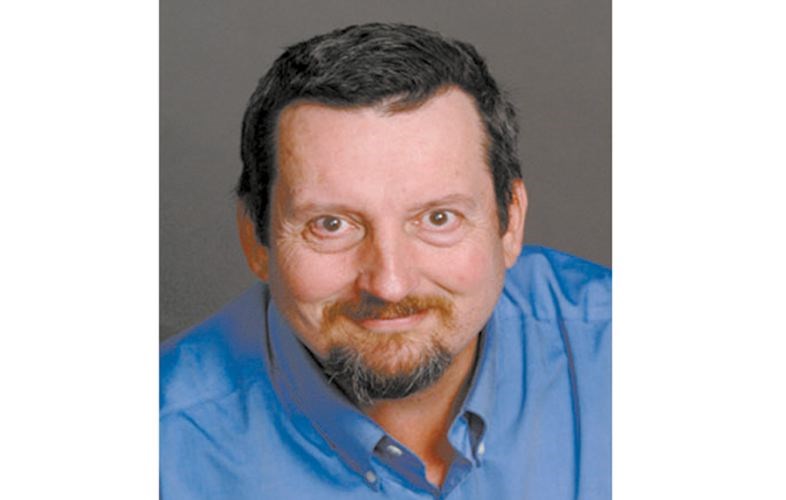One of the recurring themes in science fiction is a dystopia. Books such as 1984, Animal House, and A Brave New World portray future society as anything but idyllic.
Recently, there has been a spate of books for young adults with similar themes. The Hunger Games, The Giver, The Maze Runner, Divergent have now all been made into movies. Their central theme can be seen as the rebellion of youth against their elders but these stories all feature Orwellian levels of surveillance and control.
In dystopias Big Brother is always watching.
Television features its own shows, such as "Person of Interest", about constant surveillance. This show features a tag line telling us the machine is constantly watching us every minute of every day. It is perhaps distinct from the dystopia theme, though, in that the world portrayed is the one around us.
Ten years ago, it might have seemed like a far-fetched premise. The government having a machine that spies on our every action? Preposterous. Who would have the time? Why would they want to do that?
Yet, with the revelations of Edward Snowden, it doesn't seem unreasonable. Security cameras, traffic cameras, and cell phone networks are not the work of science fiction but everyday features of our lives. Having a super computer searching through images and conversations looking for criminals, terrorists, and anyone else isn't fiction but fact.
Consider that an English high tech company has develop a police car which captures a 360 degree view of the world around it, transmits the images to a central server in real time which uses face recognition software to identify individuals on the streets, and then transmits the identification back to the officer in the car.
Anyone can be recognized. Everyone's movements are monitored in such a system. These vehicles are being deployed right now.
It is this invasion of personal privacy and security of person which our government is endorsing with Bill C-51. Security agencies must be given greater powers to keep us safe from terrorists is the rationale but at what price?
Defenders of such legislation use arguments based on "public good" and collective safety. The quick retort is something along the lines of: "If you haven't done something wrong, you don't have anything to worry about."
That might seem true but it begs the question: "How do we define wrong?"
I was listening to a CBC report on parents in Maryland who allowed their children to walk home from a park alone. The boy and girl, aged 10 and 6, were picked up by a police cruiser and driven to their house. The parents were charged with child endangerment. The final charge was "unsubstantiated neglect".
Who is to say that while looking for terrorists on our city streets, other parents who allow their children to play in public won't be caught up in the same sort of trap?
Or protesters - lawfully assembled - won't be declared eco-terrorists because they stand in the way of a pipeline, a clear cut, or an industrial development?
Or families attending a mosque in religious worship won't be photographed for future reference because maybe, just maybe, one of the children might become "radicalized"?
Or someone driving home, late at night, after a long day at work, won't be deemed suspicious for being out on the road alone?
The difficulty with security measures, such as Bill C-51, is determining the limits. It is in assessing what is a real threat versus what is not. It is in making choices that protect society and not destroy it.
We live in a digital age where our electronic footprint is huge. Companies collect and trade in this information. Making it available to the government for the sake of state security might not seem unreasonable.
But what are the boundaries? Civilian or judicial oversight, at the very least, would seem appropriate.
***
Prince George did itself proud with the 2015 Canada Winter Games. The city, the people, and the facilities were all outstanding. But some people were concerned about the fact that the Prime Minister didn't attend.
To be fair, the Prime Minister is a very busy man. It is hard to run a country and doing so demands all of his attention. It is not like he has a lot of time to spend watching sports. That is why it couldn't have been him sitting in the stands last Sunday watching curling at the Brier in Calgary.
And it is not like it is easy to get from Calgary to Prince George. It's a long flight. Well over an hour in duration.
No. We were not being slighted by the Prime Minister. But if we were, well, it was his loss. After all, it was a great event. The best ever according to the athletes and coaches involved. Yes, Prince George did itself proud.



